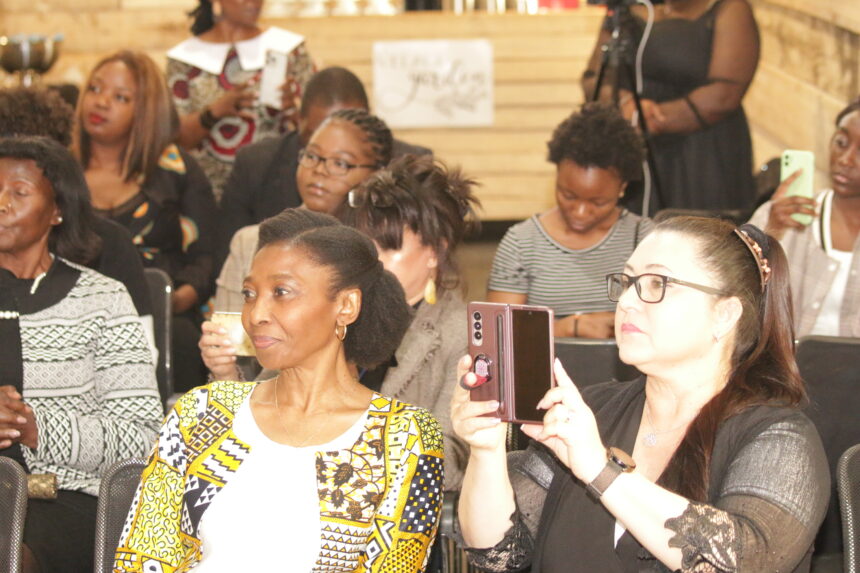The Namibia Film Commission and Sisters Working in Film and Television (SWIFT) South Africa recently launched the SWIFT Namibia chapter.
This partnership aims to empower women in film and television, providing them with a platform to network, collaborate and showcase their talents.
At the launch, information deputy minister Modestus Amutse emphasised the importance of such initiatives in promoting gender equality in the audio-visual sector. He highlighted the need for platforms like SWIFT Namibia to serve as a promoter of women’s professional growth and development.
Amutse reflected that back then, it was hard for women to be seen with a camera.
“It’s about time the government invested in the creative sector because there is so much potential. We have not given attention to this sector; now it’s about time we do the right thing,” he said.
He further encouraged women to continue doing what they have been doing, despite the various challenges in the industry.
Zanele Mthembu, the acting programme manager for SWIFT South Africa, said there is a need to advocate for women within the film industry and diversity.
She added that it was time for women to be recognised as professionals within the industry.
“If women carry the cameras, they need to be recognised. If women direct, they need to be recognised for their creativity in the industry. Creating programmes for women is important,” she emphasised. Coming up with programmes for women is imperative, but the operating environment needs to be conducive for them to grow. Thus, she said it is important for the industry to embrace and respect women.
“We are looking forward to working with our filmmaker sisters. We want to profile them, like we do in South Africa. We want to see them network and thrive in the industry,” Mthembu enthused.
The Namibia Film Commission’s executive secretary Florence Haifene mentioned that safety has always been an issue for women in the film industry in Namibia.
“Sexual harassment is a problem when you go for an interview, or you are being cast. They will always say I will give you the job, but it came with a lot of things,” she said.
She added, “There’s always an issue of growth and mentorship. Even to have your content marketed and promoted to women had a lot of challenges.
This came from the Namibian Constitution, and there were similarities between Namibia and South Africa, that is why they started the SWIFT programme”.



